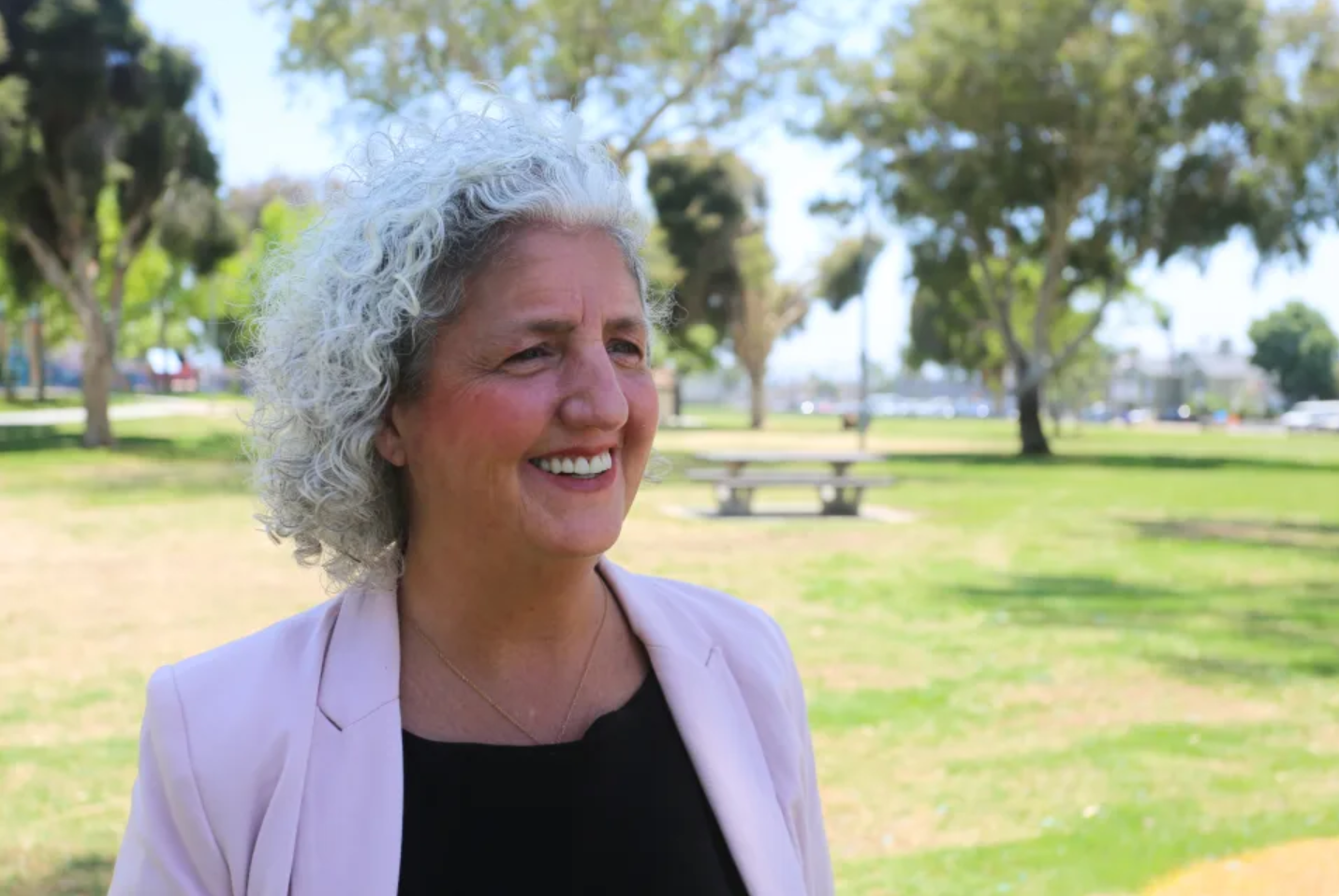SAN DIEGO, CA / ACCESSWIRE / September 18, 2024 / Mention "ESG" (environmental, social, and governance) to corporate finance professionals, and you might once have been met with a skeptical smirk. The prevailing attitude, especially among CFOs, was often, "If it doesn't directly boost the bottom line, it's not worth pursuing." This mindset aligned with the Friedman doctrine, or shareholder theory, which prioritized profit maximization above all else.
But the 1970s are long gone. Business has evolved, and many outdated theories have been relegated to the dustbin of history. ESG is no longer a fringe concern; it's central to modern business strategy.

The ESG Imperative
Today, ESG policies are more critical than ever. Consumer surveys reveal that a striking 76% of consumers would avoid companies neglecting environmental or social responsibility, underscoring the direct link between ESG practices and consumer behavior. Investors are equally attuned: 89% factor ESG into their decisions, with only 13% dismissing it as a passing fad.
The message is clear: ignore ESG at your peril. Neglecting ESG will erode brand loyalty, stifle portfolio performance, and hinder capital raising.
Nelli Garton, Co-Founder and CEO of Tablecloth, a leading ESG and impact management software provider, emphasizes the value ESG can bring. However, she cautions that to be truly effective, ESG can't just be a PR exercise; it needs to be woven into the fabric of the organization to deliver real results.
The Devil's in the Implementation
Tablecloth boasts an impressive and diverse private market client roster. Garton has been instrumental in guiding these organizations to leverage ESG for competitive advantage.
She notes, "Companies are enhancing competitiveness by capitalizing on ESG demands from consumers and investors. But the key differentiator isn't just having ideas; it's the ability to execute them effectively."
In essence, successful ESG isn't about grand pronouncements; it's about meticulous implementation.
According to Garton, poor implementation leads to frustration, resistance, and shadow processes that derail progress. Success requires meticulous planning, encompassing change management, training, documentation, communication, and continuous improvement.
Bridging the Implementation Gap
ESG reporting is on the rise, but many companies struggle to move from reporting to improving outcomes. This "implementation gap" occurs when policies lack the systems, processes, and resources needed for effective execution.
Garton observes, "The true purpose of ESG goes beyond a polished report. Organizations often fail to translate aspirations into action, and it limits their impact."
The goal is tangible results: risk mitigation, value creation, and improved outcomes. This necessitates planning, coordination, communication, data analysis, and crucially, genuine buy-in from teams across the organization.
Prioritizing Results
Successful ESG implementation means shifting the focus from reporting to results. Organizations must move beyond simply disclosing their ESG performance and focus on driving measurable improvements. This involves clear goals, integrating ESG considerations into decision-making processes, and implementing robust monitoring and evaluation mechanisms.
Garton sees implementation as the bridge between theory and results. "Whether you're adopting new technologies or rolling out ESG initiatives, execution is everything. Investing in implementation unlocks the full potential of efforts and drives meaningful change and long-term competitiveness."
A Kinder, More Profitable Capitalism
Companies seeking a competitive edge are embracing ESG. While initially driven by compliance and risk management, a turning point is underway. ESG is shifting from an optional add-on to a core strategic element for organizations focused on sustainable value creation.
The ROI of ESG can be substantial. In 2021, HP generated $3.5 billion in commercial sales where sustainability was a key factor.
ESG is here to stay. For financial professionals across America, the message is clear. Contributing to societal well-being and protecting the planet is commendable, but there's also a powerful financial incentive to develop a robust ESG strategy.
As Nelli Garton aptly puts it, "Implementing a sound ESG strategy isn't a 'nice-to-have'; it's a strategic necessity."
To learn more about Tablecloth's unique service and product offerings and the thought leadership of CEO Nelli Garton, visit the Tablecloth website.
Contact Information:
Tablecloth
Nelli Garten
info@tablecloth.io
https://about.tablecloth.io/
SOURCE: Tablecloth
View the original press release on accesswire.com
